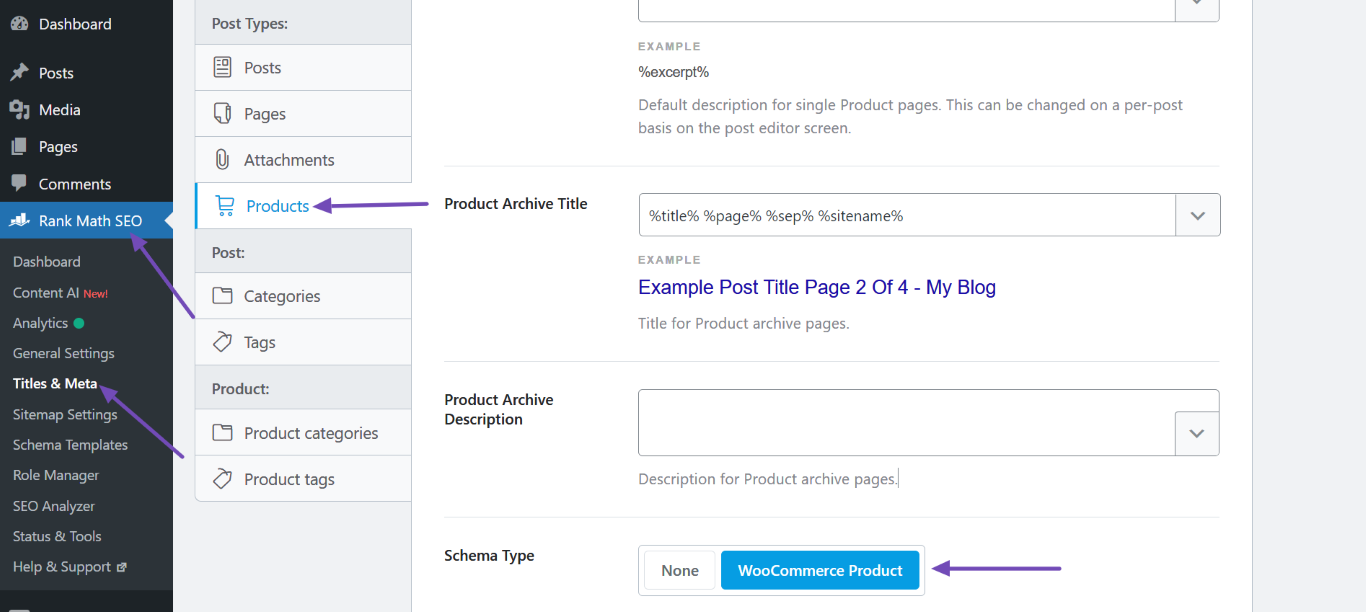-
Hello Support Team,
I am running a WooCommerce store and have set the brand name of products using WooCommerce’s default brand taxonomy. However, I recently received a critical error from Google stating:
“Top critical issues: Either ‘offers’, ‘review’, or ‘aggregateRating’ should be specified.”
Upon reviewing the brand taxonomy schema, I noticed that all products associated with a particular brand are automatically included in the schema structure of the brand taxonomy page. However, I am unable to find an option to modify the schema structure or add the ‘offers’ type to resolve this issue.
I would like to include the ‘offers’ type in the schema as follows:
{
"@context": "https://schema.org",
"@type": "Product",
"name": {Product_Name},
"offers": {
"@type": "Offer",
"price": {Product_Sale_Price},
"priceCurrency": "INR",
"availability": "https://schema.org/InStock"
}
}
Additionally, I have noticed that custom field variables are not displaying correctly in the schema. Instead of showing the actual value, they appear as placeholders (e.g.,
%customfield(__product_version)%instead of1.2.1).Could you please clarify how the schema is generated by default on the brand taxonomy page and provide guidance on how to customize it to meet Google’s requirements? Also, any insights on resolving the custom field variable issue would be greatly appreciated.
Looking forward to your support.
The ticket ‘Assistance with Brand Taxonomy Schema Issues in WooCommerce’ is closed to new replies.
